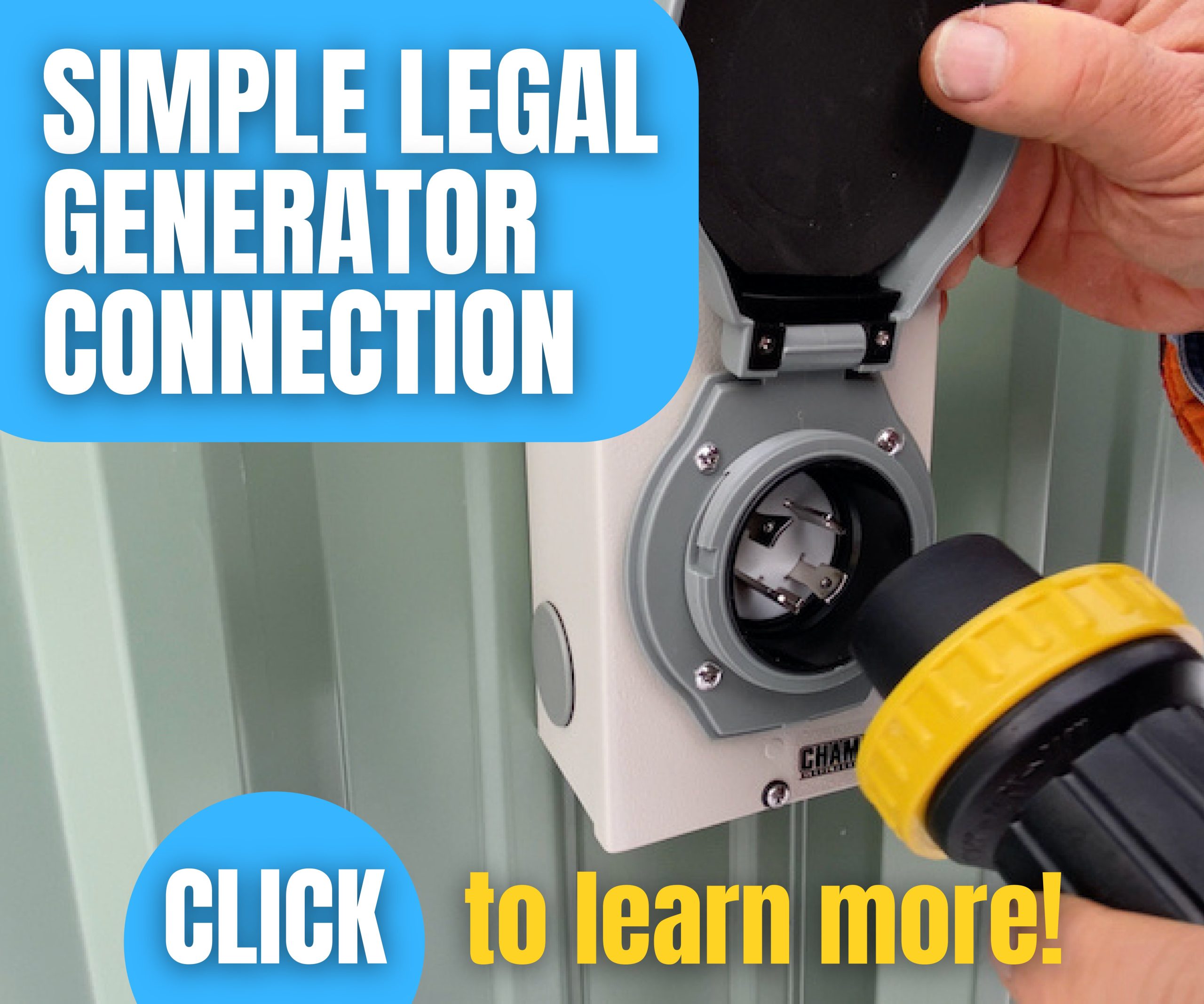
Self-sufficiency has grown as a trend for the past few years. It’s been a blessing for many who want to live off the grid as well as rely more on growing their own food supply. If this sounds like something you want to do, this is the guide you should follow. We will be taking a look at how you can easily maintain your garden that will be useful for your own self-sufficient purposes.
If you are new to this, we’ll provide you with some tips you can follow. It may be a challenge at first, but we are confident you’ll get the hang of it soon enough. Let’s begin with what you need to know.
What Makes Low-Maintenance Gardening So Appealing?
Low-maintenance gardening is something that has gained popularity for many years. One of the major reasons was due to its low-maintenance potential. This includes practices such as implementing irrigation practices like trickle irrigation, which can be useful for those who want to simplify the process (since your garden does need water regularly, albeit not as much as you think). Nonetheless, you can also be able to manage it without any complex tasks or draining energy due to endless hours of work.
Gardening and Your Well-Being: What’s The Connection?
Indeed, being outdoors can really be one of the best ways to better your overall well-being. Especially if you are tending to your garden and you’re surrounded by all kinds of greenery that can boost your mental health. Low-maintenance gardening is also excellent for your well-being since the activity of tending to it is less stressful – whether you are starting out or have been a “green thumb” for quite some time.
What makes it better is that your garden is your peace sanctuary. It will allow you to check on your crops and make adjustments in a quiet space. Talk about something that you’d love to spend time in all-day, even if it means marveling at your work.
Another thing pertaining to your well-being is finding the best coaching sessions. With HelloPlentiful, you can find complete well-being solutions that will be perfect for your personal needs and preferences. Find the right coach that will have your best interests and your well-being goals at heart and you’ll feel like your best self.
Essential Tips for Low-Maintenance Gardens
If you are new to the sustainable gardening approach, there are a few tips you can follow just starting out.
Here’s a look at what they are:
- Choose your best plants: During the selection process, it might be a good idea to consider the climate in your local area along with the soil conditions. Native plants will need less water and can be resistant to local pests and diseases to an extent.
For those starting out, consider starting out with herbs like thyme and rosemary as they are some of the best-entry level plants for low-maintenance gardening.
- Perennials are awesome too: Needless to say, perennials are great to have since they return every year without too much intervention. These include vegetables like asparagus and fruits like strawberries – both of which can provide an excellent yield with little effort.
- Mulch and compost: It’s always a good idea to consider mulching since it will reduce the amount of watering and weeding needs. Organic mulch has the ability to retain moisture while improving soil health.
Not to be outdone, it does a great job with weed suppression. Composting is also good if you want to provide excellent nutrients for your plants while reducing the need for chemical fertilizers.
- Implement irrigation like drip or trickle: Both drip and trickle irrigation will be excellent for delivering water to your plants. At the same time, they both are great for reducing water waste while helping plants meet their hydration needs.
Final Thoughts
Yes, gardens for self-sufficiency will be excellent for those looking for something that is easy to maintain. We hope that you have been able to take these tips and apply them accordingly. The rewards will be bountiful for as long as you keep growing your favorite fruits and veggies. Beginners and seasoned growers alike will enjoy maintaining these gardens for years to come.


